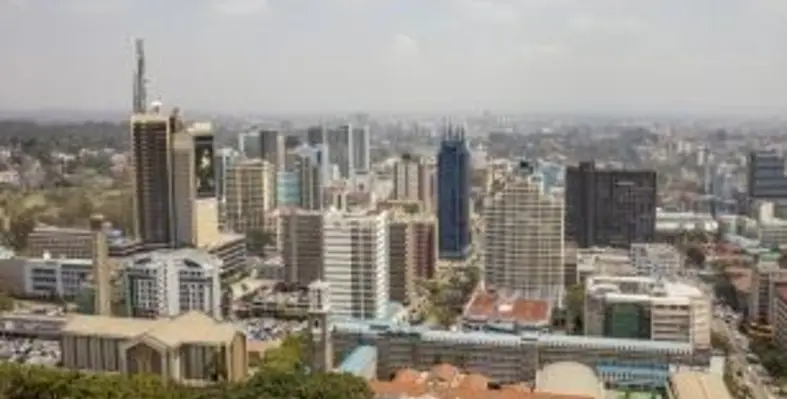The word ‘economy’ has connotations of big business, office-based industry and online-based markets
Economies like the US and the UK are largely based on retail and the service sector, providing a strong flow of GDP and adding to growth. For Kenya, farming and agriculture come to mind, contributing as of the millennium 32 per cent of the nation’s total GDP. But this fell in 2011 to just 23 per cent; a 9 per cent loss in just 11 years.
A Global Economic Prospects Report published in January by the World Bank Group said that ‘Economic activity in Sub-Saharan Africa (SSA) decelerated from 4.6 per cent in 2014 to 3.4 per cent in 2015, the weakest performance since 2009, due to a combination of external shocks and domestic constraints.’ Its report predicted that in the future Kenya would ‘grow at a robust pace, supported by large-scale infrastructure projects’.
Large scale organisational and technological infrastructure across the region is helping charities to move Kenya towards a better future. Farm Africa is a charity helping smallholders increase their economic interests. The charity claims 60 per cent of households in western Kenya depend on fish as a source of food or income. It promotes fish production in Western Kenya and has overseen operation of aqua shops since 2011, establishing a sustainable distribution system of fish in five Counties of Western Kenya. Farm Africa believes that Africa should “feed itself” and encourages farmers of all types to grow themselves out of poverty. It uses Esoko, a marketing platform, to help achieve its aims.
Esoko calls itself a “simple but powerful communication tool”- the name meaning ‘e-market’ in Swahili. It provides a digital platform for farmers to work from and enables trading farms to take advantage of Kenya’s market based economy.
Farm Africa uses the Esoko platform to poll farmers, to send aquaculture tips and to build its central charity database. The charity also uses the software to link buyer and seller to contact and trade, aiding the charity in achieving its aims.
There are currently 3,000 farmers on Farm Africa’s platform alone. Fish farm owners themselves only require a simple 2G phone. The charity’s platform enables farmers to commercialise and expand their business.
The charity wrote in a recent blog post, “Mobile technology is increasingly important to day-to-day life, and as 82 per cent of Kenyans now own a mobile phone, communicating by text message makes sense – it’s fast, easy and accessible to farmers wherever they are.”
Large scale technological infrastructure across sub-Saharan Africa is reviving not only agriculture’s impact on its total GDP, it is a huge boost to the total GDP that Kenya generates. If Kenya’s economy does continue to grow at a ‘robust’ pace as the World Bank Group’s report predicted, it would owe it to the technology sector providing the infrastructure needed for growth.












